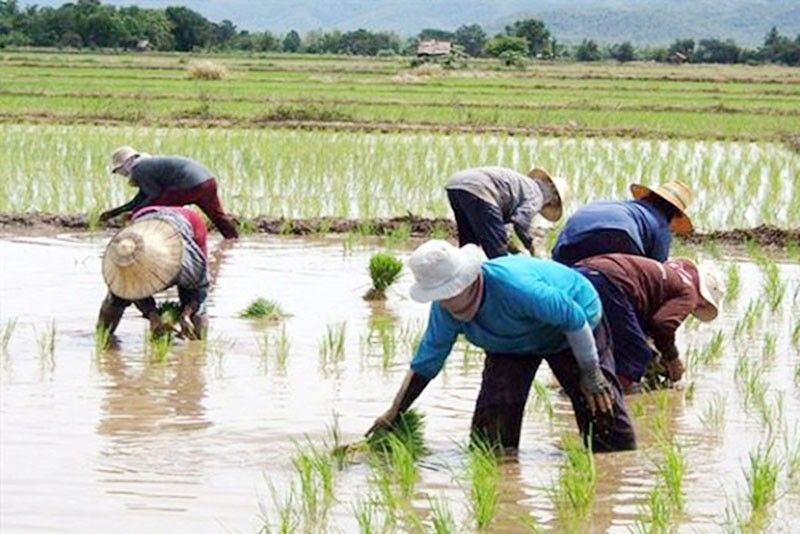Beyond the New Agrarian Emancipation Act
Kilusang Magbubukid ng Pilipinas (KMP) today welcomed the enactment of the New Agrarian Emancipation Act as a relief to more than 600,000 Agrarian Reform Beneficiaries (ARBs). However, it pointed out that there is still much to be done beyond condonation, the most urgent of which is enacting a new and genuine agrarian reform program to replace the failed RA 6657 or the Comprehensive Agrarian Reform Program (CARP). “Ensuring a truly redistributive and free land distribution program will fulfill the genuine emancipation of farmers and ARBs,” according to KMP.

Agriculture Secretary and President Bongbong Marcos Jr. will symbolically sign the New Agrarian Emancipation Act tomorrow. The new law, regarded by some legislators as the “biggest and best accomplishment” so far by the House of Representatives, will condone the unpaid land amortization, interests, and surcharges amounting to P57.55 billion benefitting 610,054 ARBs covering 1.2 million hectares of agrarian reform lands.
KMP stressed that the condonation of land amortization is long overdue. “It took the government 35 long years to recognize the sheer incapacity of farmers to pay for the land and realize that amortization is a counterproductive burden to ARBs. Napatunayan na sa kasaysayan na hindi talaga kayang bayaran ng mga magsasaka ang kabuuang presyo ng lupa at dagdag na 6% interes, para sa lupang ini-award sa kanila. Sa datos mismo ng Landbank, 17% lang ng ARBs ang nakapagbayad. Matagal nang dapat itinigil ang paniningil ng amortisasyon,” KMP chairperson Danilo Ramos explains.
Since last year, KMP actively engaged in the deliberations on the condonation bills to assert free land distribution and a new land reform program. KMP specifically pushed for the inclusion of more than 10,000 ARBs under Voluntary Land Transfer (VLT)/direct payment schemes (DPS) for condonation, among others.
Despite these, the peasant group pointed out several limitations of the law, particularly as it will be implemented under the existing CARP. It also lamented the non-inclusion of an explicit provision recognizing the principle of free land distribution.
Ramos stressed that there are still more than 7 million farmers and more than 7 million hectares of agricultural lands not covered by the government’s agrarian reform program. DAR is hard-pressed to cover these farmers and lands since CARP’s core component, the land acquisition, and distribution (LAD) program, expired last June 30, 2014.
Ramos continued that even current beneficiaries will face fundamental flaws plaguing CARP, particularly its vulnerability to corporate capture and land-use conversion. “We have long criticized CARP’s corporatization schemes such as agribusiness venture arrangements which deprive effective control from ARBs despite maintaining their nominal ownership of the land. This permits big landowners to violate the intention of redistribution,” he adds. Ramos also mentioned the necessity for additional support services and subsidies, which NAEA omits, to assist in ensuring the development of the beneficiaries’ livelihood and production.
The peasant leader thus highlighted the urgent need for a new and genuinely redistributive agrarian reform program. “What must follow NAEA is a new law allowing further coverage of farmers and lands for free distribution, break-up land monopoly, and provide intensive support and subsidies to farmers, among others,” Ramos ends. #



